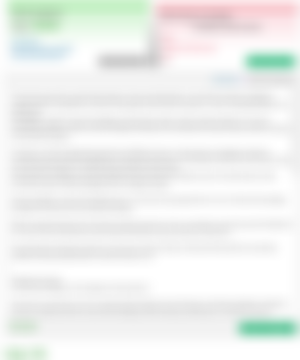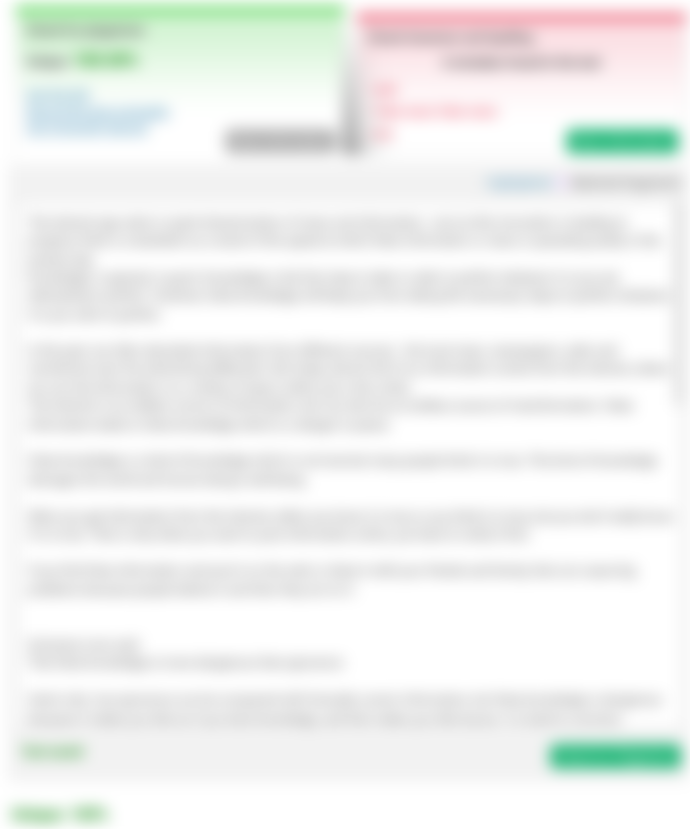The internet age usher in quick dissemination of news and information. Just as this innovation is leading to progress there is a backlash as a result of the speed at which false information or news is spreading easily in this present day.
Knowledge, in general, is good. Knowledge is the first step to take in order to perfect whatever it is you are attempting to perfect. However, false knowledge will keep you from taking the necessary steps to perfect whatever it is you want to perfect.
In the past, we often absorbed information from different sources - the local news, newspapers, radio and sometimes even the advertising billboards. But today, almost all of our information comes from the internet, where we can find information on a variety of topics within just a few clicks.
The internet is an endless source of information, but can also be an endless source of misinformation. False information leads to false knowledge which is a danger to peace.
False knowledge is a kind of knowledge which is not true but many people think it is true. This kind of knowledge damages the world and human being's well-being.
When you get information from the internet, either you know it is true or you think it is true, but you don’t really know if it is true. That is why when you want to post information online, you have to verify it first.
If you find false information and post it on the web or share it with your friends and family, that can cause big problems because people believe it and then they act on it
False knowledge is more dangerous than ignorance
~George Bernard Shaw
Here’s why: true ignorance can be conquered with factually correct information, but false knowledge is dangerous because it makes you feel as if you have knowledge, and that makes you feel secure. It is hard to convince someone who firmly believe false doctrines or news to give them up easily
Fake News
Fake news is not a new thing but rather a rebranding of an age-old practice: lies. It has been used for personal gain and for political machinations for as long as there’s been people around. People will always attempt to manipulate others for their own benefit, whether that means a personal financial motive or an ideological agenda.
The internet has not made it easier to spot online deception but it has made it easier to spread information at scale. Tools like Facebook or Twitter’s “share” buttons have enabled people to globally disseminate falsities at a pace never before reached by human hands, and fake news itself has gained a prevalence that rivals legitimate journalism
Fake news has become a plague on society, with people believing false headlines without even looking at the evidence or reading the article. Fake news infects our minds with false knowledge, leaving the door open for misinformation and the transmission of half-truths to turn into viral gossip.
The prevalence of misinformation is one of the biggest problems facing modern society. We create a large portion of our worldview from what we see, hear or read on the internet, and that worldview is always vulnerable to being distorted by false knowledge.
For example during COVID-19 pandemic and lockdown a lot of information were flying around about the cures and origin of the virus which were not true but a lot of people believed in it.
For example during COVID-19 pandemic lockdown; a lot of information were flying around about the cures and the origin of the virus, which were not true but a lot of people believed in it. This causes panic and tension in various countries, and many conspiracy theories were brought up and shared on various social medias.
Ways to identify fake news
By sticking to reliable news medias, you can help prevent the spread of fake news. Here are some ways to identify fake news in your social media feeds
Check where the story came from and the accuracy of the source
Check the author of the story
Check for signs of biasness in the article
Double check your source by searching for other articles related to the same topic
Do some research on other sources, sites and blogs that write about similar topics as your source
Compare your news source to established news outlets
Closing thoughts
There has been much talk about the effects of fake news on people's minds.
We no longer just read news online - we comment on them, share them with others and reshare them on new platforms. This amplification of fake news introduces a huge danger to society.
This is why we should always question the contents of what we are reading. Be it in an email chain letter claiming to be from a friend, or from a site that promises to 'break' the news first, we shouldn't believe everything that we read and shouldn't just automatically share it with others.


You're right friend, it's true that if we make a mistake, that can be considered a threat to our livelihood